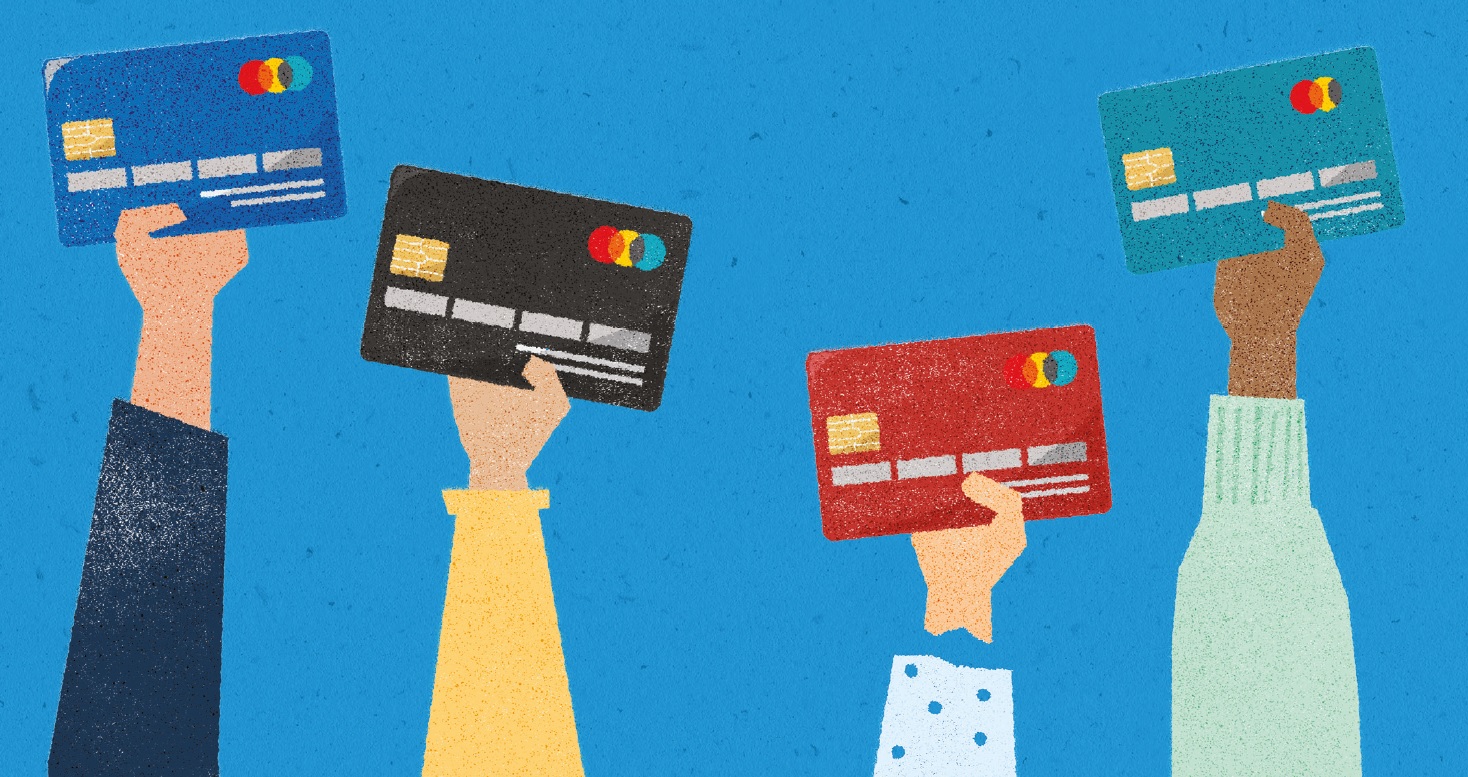We accept payment cards for the following payment types:
- Civil Applications Debit & Credit Cards
- Small claims applications Debit & Credit Cards
- Fines Debit & Credit Cards
- Poor Box Debit & Credit Cards
- Family Law Payments Debit Cards Only
- Bail* Debit Cards Only
- Independent Sureties* Debit Cards Only
* Bail and Independent Sureties are subject to €500 maximum payment
We cannot accept payment cards in the following instances:
- When used in conjunction with cash/cheques
- From virtual cards and mobile apps (including Revolut, Apple Pay, Google Pay etc.)



